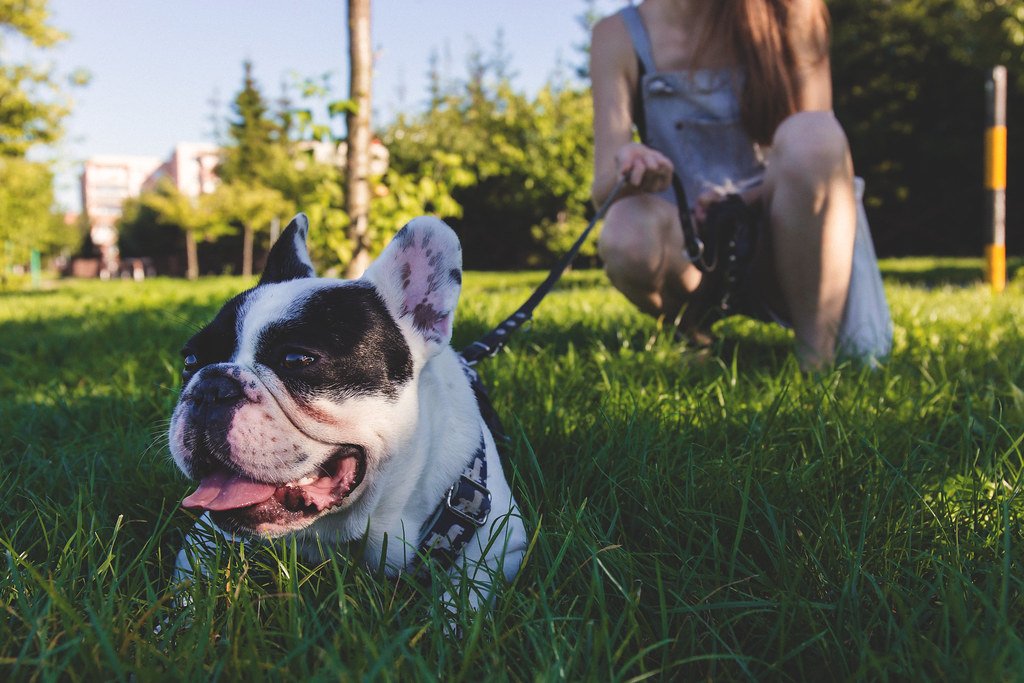Training my French Bulldog like a Golden Retriever was a lesson in frustration—and misunderstanding. While Goldens thrive on pleasing their humans, Frenchies have a stubborn streak that makes them more independent thinkers. I quickly learned that using the same approach just didn’t work. French Bulldogs respond better to short, fun, and reward-based sessions, not repetitive drills. Once I adjusted my expectations and training style, we both started enjoying the process a lot more. Every breed has its own personality, and trying to mold them into another’s behavior can backfire. It’s all about celebrating who they are—not who we want them to be.
The Day I Realized My Training Approach Was All Wrong
Picture this: me standing in my living room at 7 AM, holding a handful of treats and using my most enthusiastic voice to call my French Bulldog, Maurice. Meanwhile, my neighbor’s Golden Retriever bounds over eagerly every single time she calls his name. Golden Retrievers are easy to train, while French Bulldogs can be stubborn.
French Bulldogs are smart but can also be stubborn, which can sometimes make training a challenge. That morning, Maurice looked at me, yawned dramatically, and went back to his favorite spot on the couch. It was the moment I finally understood that my adorable flat-faced buddy wasn’t being defiant – he was just being himself. While they are relatively easy-going, they can have a bit of a stubborn streak so be prepared with obedience training and to coax your Frenchie with some treats! The revelation hit me like a tennis ball to the face: I’d been trying to train a Ferrari like it was a pickup truck.
Understanding the Fundamental Differences in Breed Personalities
The golden retriever personality is legendary for a reason. This breed is affectionate, loyal, intelligent, and endlessly friendly. These dogs practically live to make their humans happy, and training feels like a delightful game to them. Intelligent and eager to please, Golden Retrievers relish the chance to learn and are quick to pick up commands. As part of the Gundog breed group, Golden Retrievers are quick learners and eager to please, making them highly trainable. French Bulldogs, on the other hand, march to the beat of their own tiny drum. They can also be quite stubborn and difficult to train.
French Bulldogs are generally good with children and other pets, but can be quite stubborn. Think of it this way: if Golden Retrievers are the straight-A students who always have their homework done, French Bulldogs are the charming class clowns who might do their assignments – when they feel like it. Both are wonderful, but they need completely different approaches.
The Physical Reality That Changes Everything
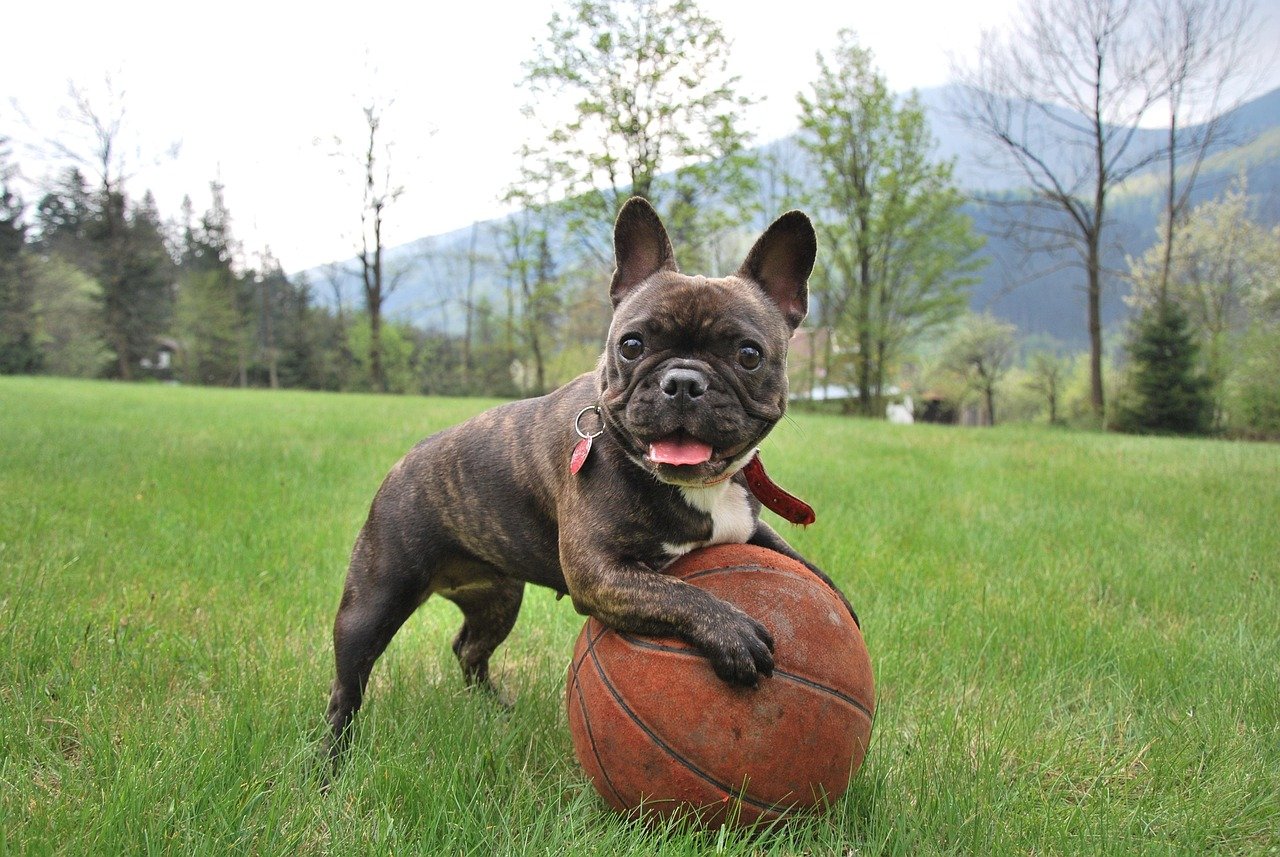
Here’s where things get serious, and frankly, heartbreaking. The short-nosed shape of the French bulldog skull causes breathing difficulties and ‘knock-on’ effects which cause chronic discomfort and respiratory distress, which can be life-threatening. While I was expecting Maurice to have the same energy and enthusiasm as a Golden Retriever, I was ignoring a crucial fact. Too much exercise can cause breathing difficulties. Stick to a short 10 to 15-minute walk each day. Frenchies can have difficulty cooling down because it’s a flat-face dog breed, and it could make them appear to be lazy.
Frenchies are a brachycephalic dog breed. Therefore, they cannot easily cool themselves down after exercising or walking because their breathing is inefficient. When Maurice seemed uninterested in long training sessions, it wasn’t laziness – his body was literally telling him to conserve energy. Understanding this changed my entire perspective on what “good behavior” looked like for him.
Why Short Attention Spans Aren’t Character Flaws
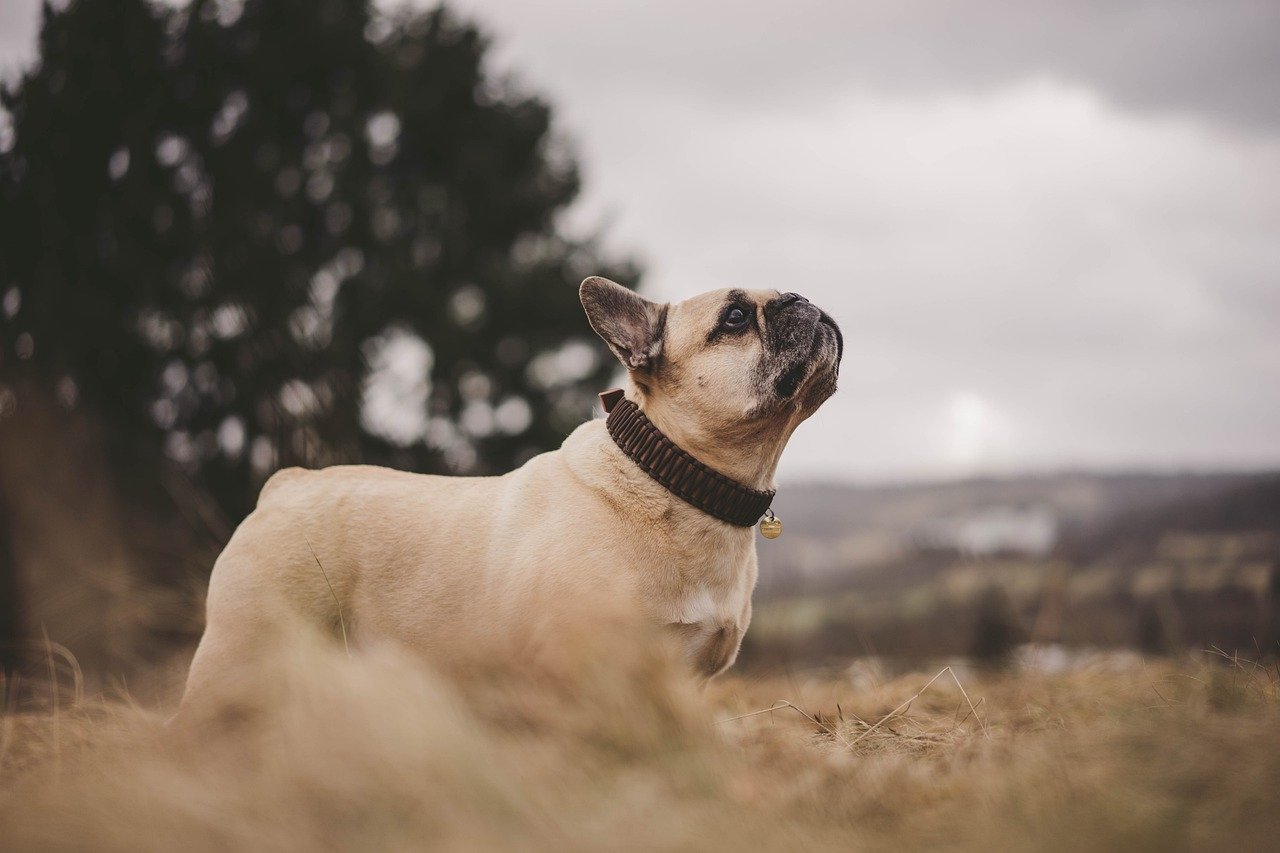
Keep training sessions short: French Bulldogs have a short attention span, so keep training sessions short and focused. I used to think Maurice was being difficult when he’d lose interest after five minutes of training. Meanwhile, I’d watch videos of Golden Retrievers happily learning complex tricks for thirty minutes straight. Keep Training Sessions Short and Fun: French Bulldogs have a short attention span, so keep training sessions short (around 10-15 minutes) and engaging to maintain their focus and interest. Use positive reinforcement and incorporate plenty of breaks for play and relaxation.
The truth is, French Bulldogs aren’t built for marathon training sessions. Their brains work differently, and forcing them into Golden Retriever-style training schedules is like asking a sprinter to run a marathon. Once I accepted that three to five minutes of focused training was actually perfect for Maurice, our relationship improved dramatically. Quality over quantity became my new motto.
The Stubbornness That’s Actually Intelligence
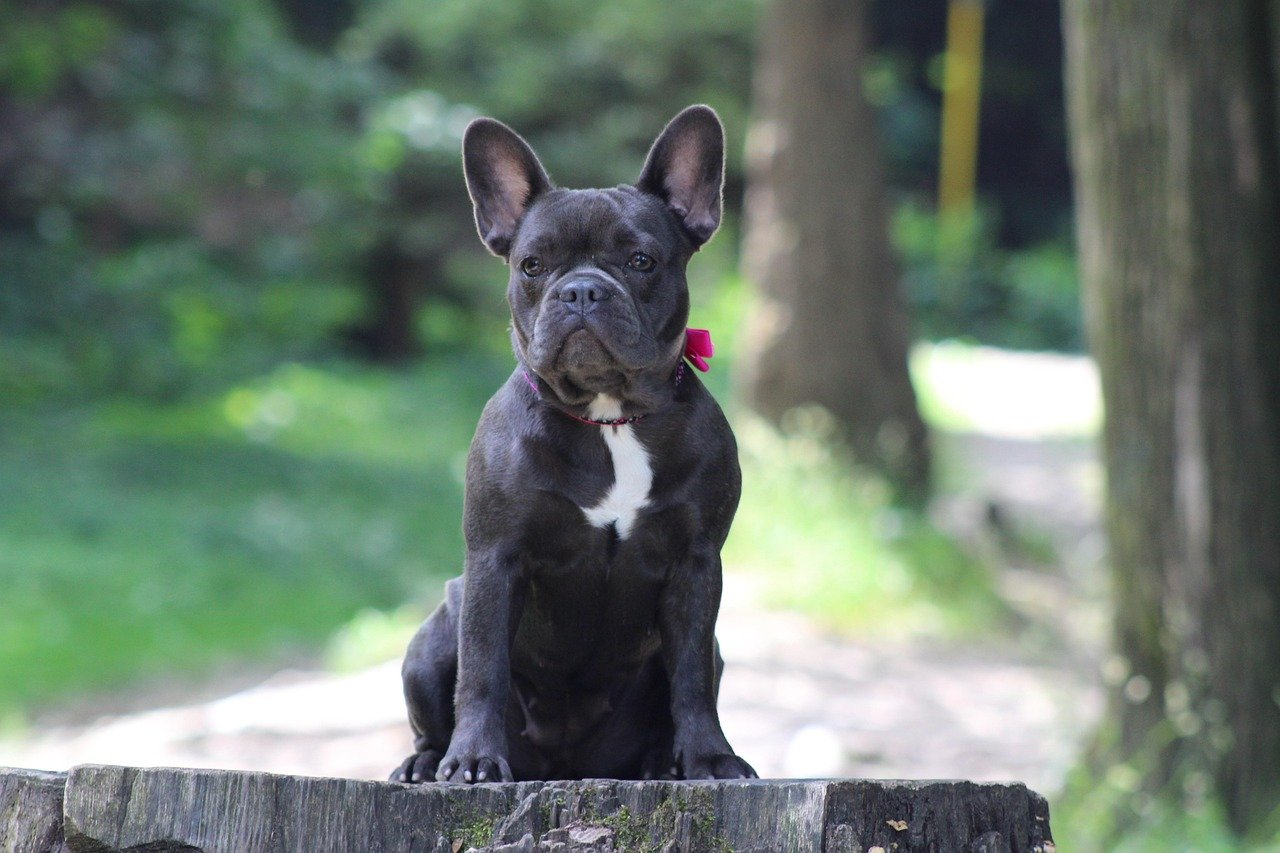
Let me tell you about the great “sit” standoff of last Tuesday. Frenchies are also an extremely stubborn breed. Sometimes, they lounge around the house without moving an inch, no matter how hard you ask them to come. On the other hand, it may not budge an inch when you want it to. It all depends on what type of mood your Frenchie is in at that moment. Maurice knew exactly what I wanted – I could see it in his knowing eyes. But he was clearly thinking, “What’s in it for me, and is it worth getting up from this incredibly comfortable position?” French Bulldogs are intelligent but are not typically ranked as the most intelligent dog breed.
French Bulldogs are smart but can also be stubborn, which can sometimes make training a challenge. This isn’t defiance for defiance’s sake. It’s a breed that thinks things through and makes conscious decisions. Golden Retrievers say “How high?” when you say jump; French Bulldogs pause to consider whether jumping aligns with their current life goals.
Motivation Methods That Actually Work for Frenchies
Use positive reinforcement: French Bulldogs respond well to treats, praise, and affection when they do something right. Once I stopped trying to use Golden Retriever training techniques, I discovered what actually motivated Maurice. Use High-Value Rewards: Motivate your French Bulldog to comply with commands by using high-value rewards such as treats, praise, or playtime. Find what motivates your dog and use it to your advantage during training sessions. For him, it wasn’t just about treats – it was about the quality of treats, the timing, and the genuine enthusiasm in my voice.
I learned that French Bulldogs are emotional creatures who respond to authentic connection more than repetitive commands. Think of them as tiny therapists who can tell when you’re being genuine versus when you’re just going through the motions. Maurice taught me that training should feel like a conversation, not a lecture.
Environmental Factors That Golden Retriever Training Ignores
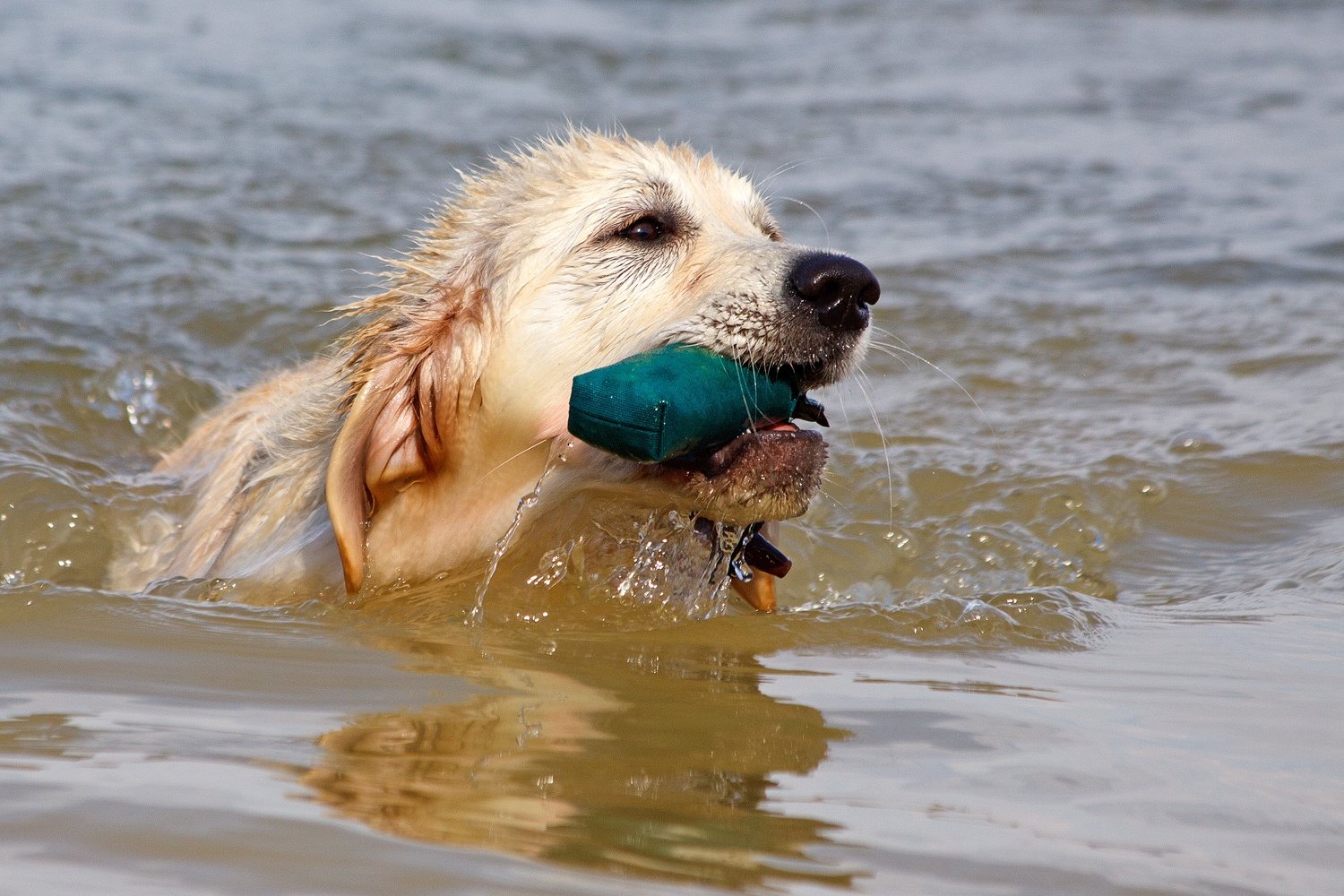
Environmental Management: Keep the dog in a cool, air-conditioned environment to avoid overheating and effectively manage breathing difficulty. Golden Retrievers can train anywhere, anytime, in almost any weather. They’re the all-terrain vehicles of the dog world. French Bulldogs, however, are more like luxury sports cars with very specific operating requirements. Temperature Control: Overheating can be life-threatening for brachycephalic breeds. I had to completely rethink when and where we trained.
Hot summer afternoons were out. Instead, we did our best work in the early morning or late evening when it was cooler. Frenchies, while they love to play, are what is known as a brachycephalic breed. Due to their short snouts and flat faces, they do best in temperature-controlled homes as they can’t handle the heat. I learned that a comfortable Frenchie is a trainable Frenchie, and environmental awareness became just as important as the training techniques themselves.
The Sleep Schedule Reality Check
Frenchies indeed sleep for most of the day. Many would be surprised to learn that a French bulldog needs about 13 – 16 hours of sleep daily. While Golden Retrievers seem ready for action most of the day, French Bulldogs have a completely different schedule. Frenchie puppies can sleep for as long as 16 – 20 hours a day, leaving only a few hours to stay awake. It is one of the reasons why new French bulldog owners think that this breed is lazy. However, they are in for a surprise once they realize how hyperactive their pet can get once wide awake.
I used to wake Maurice up for training sessions, thinking I was being proactive. Now I realize I was just creating a cranky, uncooperative student. The best training happens when they’re naturally alert and rested. Maurice’s peak performance hours are typically right after he wakes up from his afternoon nap – that’s when he’s most focused and willing to engage.
Exercise Needs That Don’t Match the Golden Standard
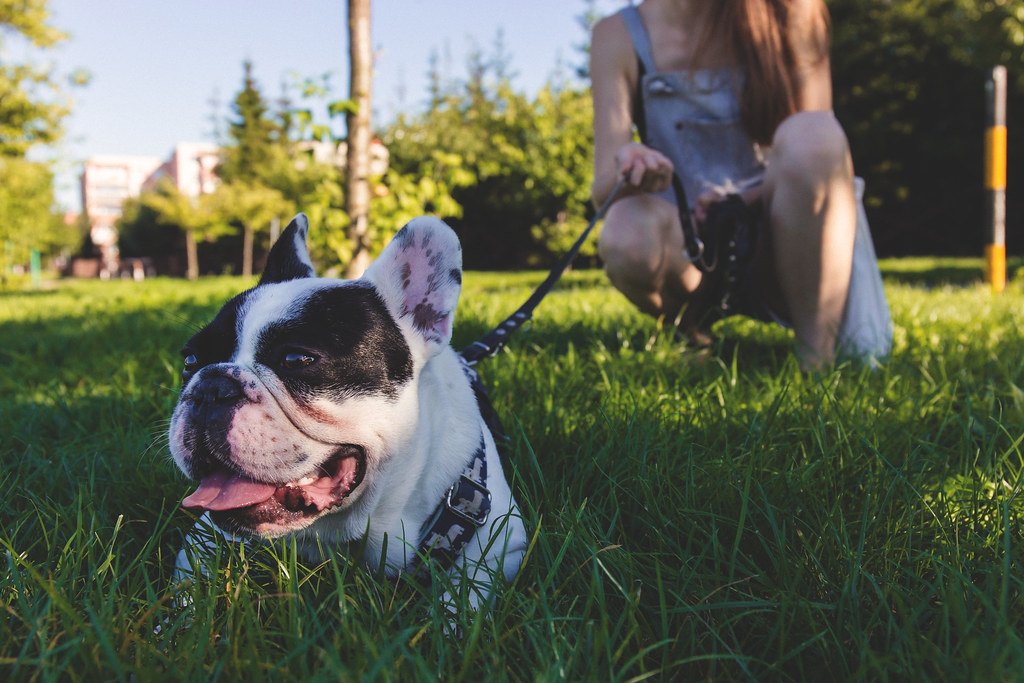
If you were looking for a pup that was thrill-seeking and had a protective quality to their nature, French Bulldogs are far more content with a walk, quick game of tug-of-way or fetch, and would probably rather play with new people and dogs than be protective. The exercise requirements for these breeds are worlds apart. Active and energetic, Golden Retrievers need plenty of physical exercise and may turn to destructive behaviours, such as chewing and scratching, without other outlets for their energy.
Meanwhile, French Bulldogs have much more modest needs. I used to think Maurice was being lazy when he’d plop down after a short walk, but French bulldogs are known as dog breeds with low energy levels. They need adequate exercise to manage their weight. French bulldogs are naturally overweight, so they must get enough exercise to maintain a healthy weight. Understanding that a satisfied French Bulldog looks very different from a satisfied Golden Retriever saved both of us a lot of frustration. His idea of a perfect day is a gentle walk, some indoor play, and plenty of quality snuggle time.
Social Dynamics and Training Expectations
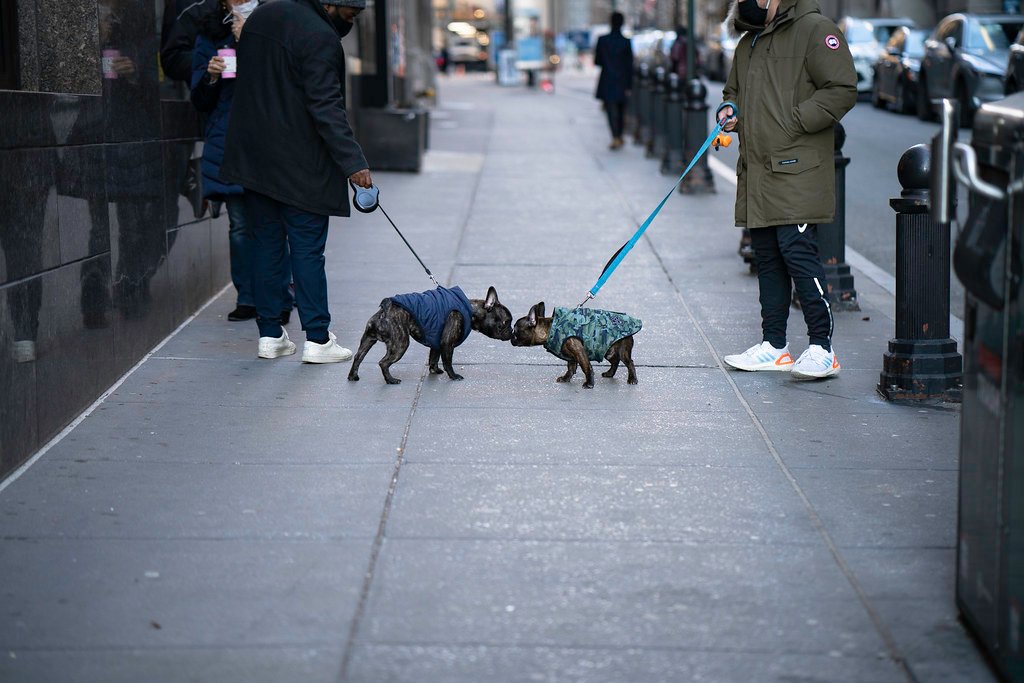
Golden Retrievers are known for their ability to get along with virtually any dog, just like the French Bulldog. This breed’s friendly and patient nature makes them an ideal playmate for the Frenchie, encouraging gentle play and mutual respect. Both breeds are social butterflies, but they express it differently. Golden Retrievers are like that friend who’s genuinely excited to meet everyone at a party. French Bulldogs are more selective – they prefer smaller gatherings with their favorite people.
Playfulness is another essential part of the French Bulldog personality. These dogs thrive on fun and games, and benefit greatly from having a constant playmate, whether it’s a fellow furry friend or their beloved human. In training situations, this means Maurice responds better to one-on-one sessions rather than group classes where he might get overwhelmed. He’s not antisocial; he’s just more of an intimate dinner party dog than a block party dog.
The Health Considerations That Change Training Forever
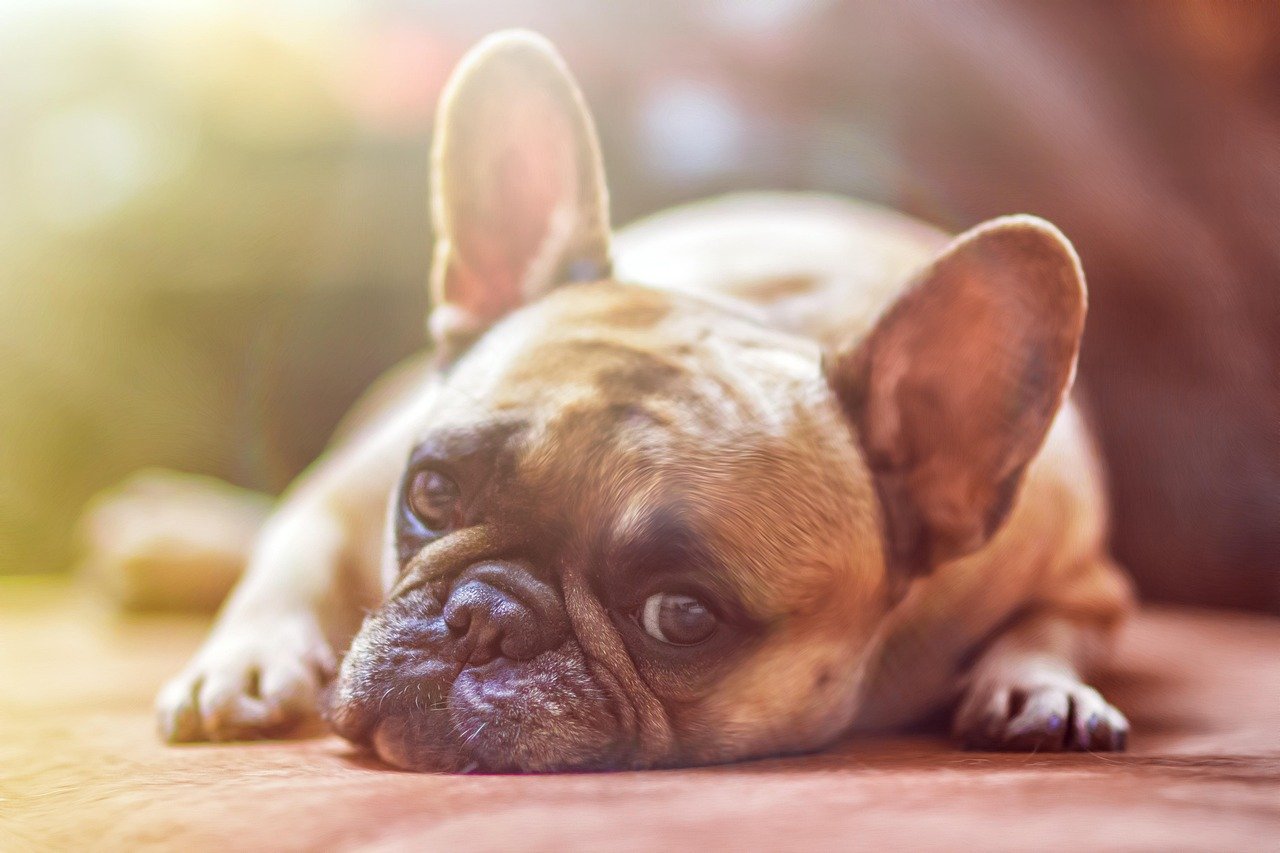
Objective measurements have determined that 50% of pugs and French bulldogs and 45% of bulldogs have clinically significant signs of brachycephalic obstructive airway syndrome (BOAS). HumaneVMA notes that upper respiratory disorders were the cause of death for 17% of dogs with extreme brachycephalic conformation (like pugs, bulldogs and French bulldogs) compared to 0% for all other breeds of dogs. This isn’t just about comfort – it’s about survival. Veterinarian Sean Wensley compares living with their shortened skulls to breathing through a straw—for your entire life.
Many owners consider huffing, snorting and other signs of labored breathing as a cute quirk of the breeds, but these dogs are suffering. When I finally understood the severity of Maurice’s breathing challenges, everything clicked. His “stubbornness” during training wasn’t behavioral – it was his body’s way of protecting itself. I learned to watch for signs of respiratory distress and always prioritize his comfort over any training goal. Some days, the best training is simply practicing calm, peaceful coexistence.
Finding Success Through Breed-Specific Understanding
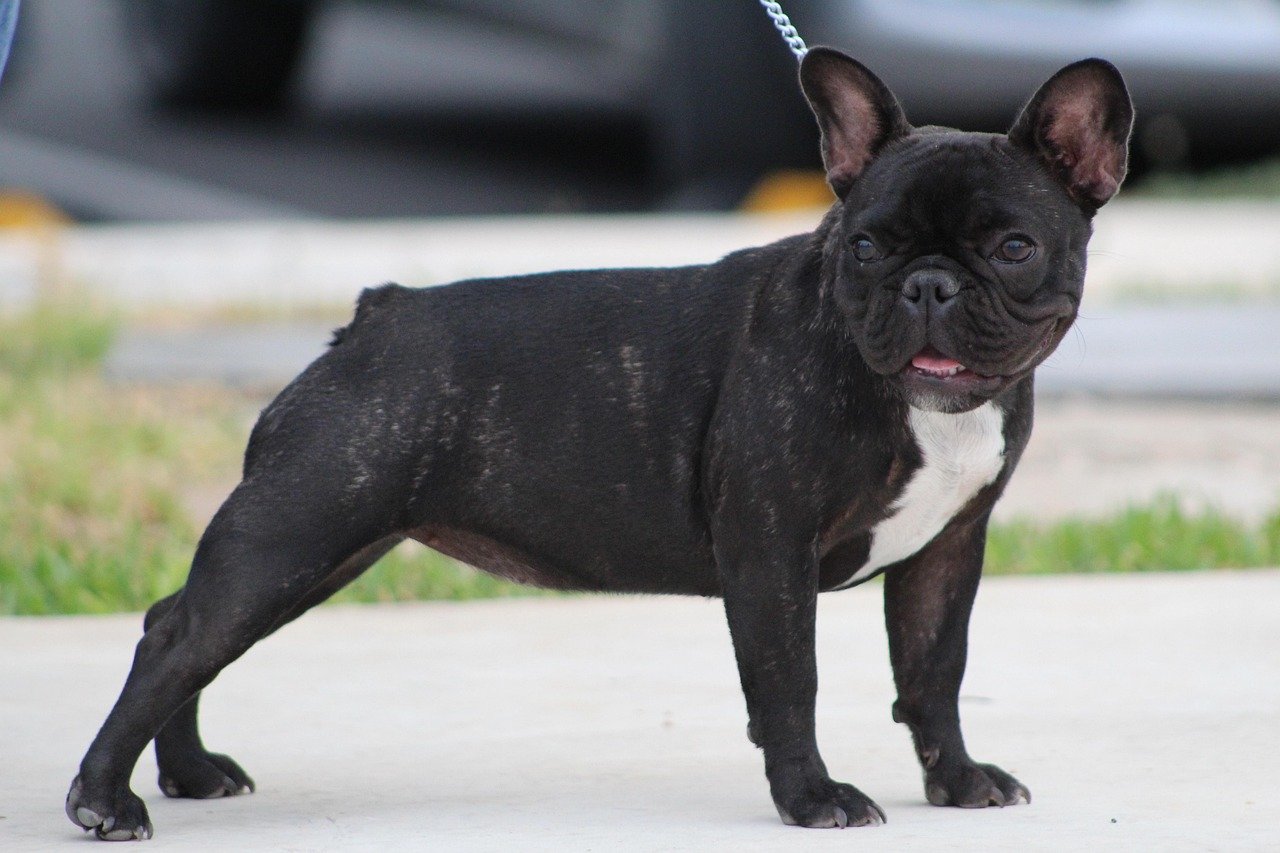
The breakthrough came when I stopped fighting Maurice’s nature and started working with it. French Bulldogs can be stubborn and difficult to train, but with patience and consistency, they can learn to obey commands and perform tricks.
Be consistent: French Bulldogs need consistent training to understand what is expected of them.
I developed what I call “Frenchie-friendly” training sessions: short, sweet, temperature-controlled, and always focused on what Maurice found genuinely rewarding.
Use the right amount of force: French Bulldogs are a small breed and can be easily injured, so use gentle and appropriate force when training.
Socialize your dog: French Bulldogs can be wary of strangers and other animals, so it’s important to socialize them from a young age.
Instead of comparing him to Golden Retrievers, I celebrated his unique wins. The day he mastered “drop it” (crucial for a breed with wide mouths) felt more meaningful than any ribbon. Training became less about molding him into something he wasn’t and more about helping him become the best version of himself.
Looking back, I realize that trying to train Maurice like a Golden Retriever wasn’t just ineffective – it was unfair to both of us. These breeds are beautiful for completely different reasons, and they deserve training approaches that honor their unique qualities. Maurice taught me that the best training comes from understanding, patience, and genuine respect for who your dog actually is, not who you think they should be. Have you ever tried to force your dog into a training mold that just didn’t fit?

